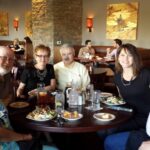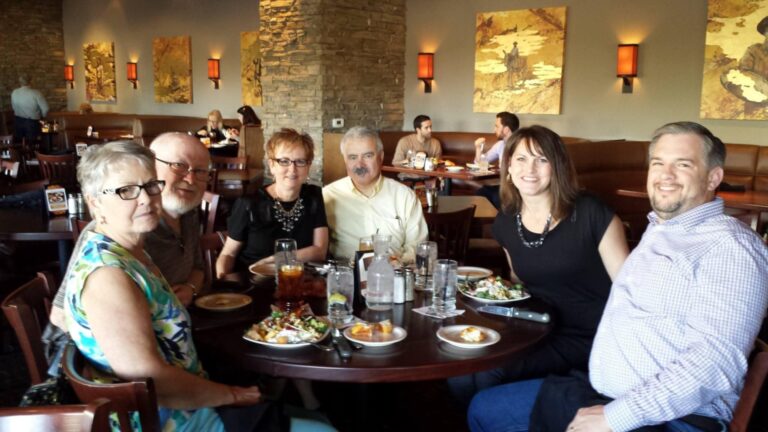Stephen Neill, the well-known historian of missions, has observed that the missionary partnership in India known to history as the Serampore Trio—that between William Carey (1761–1834), William Ward (1769–1823), and Joshua Marshman (1768–1837)—is one that has “few parallels in Christian history.” Reading through the letters and journals of these men, there is nary a hint of jealousy nor an attempt by one of them to lord it over the others. The quality of the friendship between these three men takes on added lustre when it is recognized that it flourished amidst various setbacks and challenges.
In the telling of the history of this community, however, it is chiefly Carey that has been remembered. There are no published book-length biographies devoted to either Ward or Marshman, but Carey has some eighty by my reckoning. And yet, as historian A. Christopher Smith, who has written widely on the history of the Serampore Mission, has noted: “very few people in Britain ever realized how dependent Carey was on his partners for insight and a wide range of initiatives.”
This year is the sestercentennial (250th) of Joshua Marshman’s birth, and in this blogpost and the ones that will follow, we shall trace the life of Joshua Marshman and provide a needed, albeit small, corrective to the story many of us have learned about Carey’s mission. We will also see what lessons can be gleaned from the life of this pioneer missionary from the close of the long eighteenth century.
A hunger for reading and conversion
Born in 1768, Marshman grew up in Westbury Leigh, Wiltshire, where he eventually became a weaver like his father. From a very early age he had “a great thirst for knowledge,” devouring any book he could borrow or lay his hands on. By his teens, this hunger for knowledge was such that he would often read while working a hand-loom in his father’s home. Different from many of the conversions he would read about, Marshman’s own conversion was neither sudden nor accompanied by a period of despair and “fearful exercises of mind.” While he was regularly attending the Baptist meeting-house of Westbury Leigh with his parents, “gradually … the light of divine truth shone into his mind, and he was able to put his entire dependence for acceptance with God, and his hope of eternal salvation, on the all meritorious atonement of Christ.”

This easily-overlooked fact is an important reminder that 18th-century Evangelicals like Marshman, though living in a very different world than the Reformers and Puritans, were nonetheless one with these two bodies of believers in many areas of both doctrine and piety
Marriage and language studies
In 1791 Marshman married Hannah Shepherd (1767–1847), who would prove to be an invaluable partner to Marshman, as we shall see in a later article. Three years later, in 1794, Marshman took a position as a schoolmaster in a school in Bristol that was supported by Broadmead Baptist church, the oldest Baptist congregation in the city. That same year he was baptized by John Ryland, Jr. (1753–1825), who was the pastor of this church and a close friend of William Carey.
For the next five years, alongside his responsibilities as schoolmaster, he also studied at Bristol Baptist Academy, over which Ryland was the principal and which was linked to the Broadmead Church. He was especially good at languages, excelling in Greek, Hebrew, and Latin, and even learned a little Syriac and Arabic. We will see how God used this skill in languages to direct Marshman’s life to India as a missionary in the blog posts to follow.
Michael A. G. Haykin ©2018
















